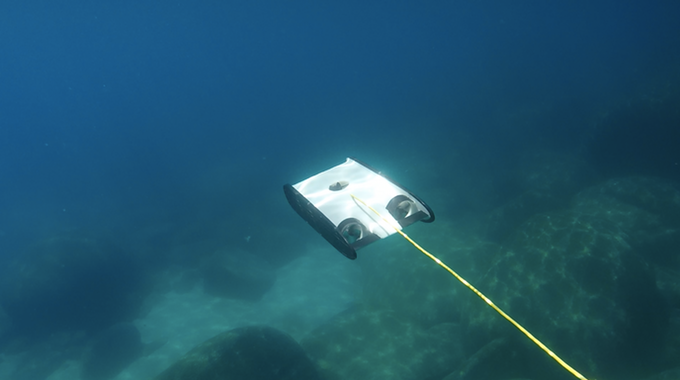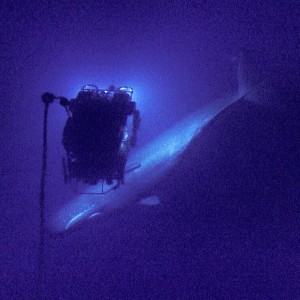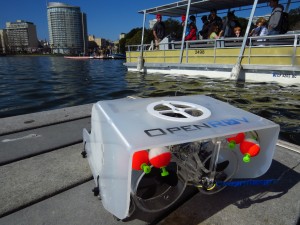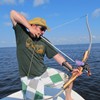
Foghorn (A Call to Action!)
- All Hands on Deck! You’re got one week left to apply to join the MIT Media Lab and NOAA’s Office of Ocean Exploration and Research for this year’s National Ocean Exploration Forum as an Ocean Discovery Fellow!
- Jacques Week 2018 is here!
Flotsam (what we’re obsessed with right now)
- What just happened? Everyone is going wild for the deep-sea fish attack video.
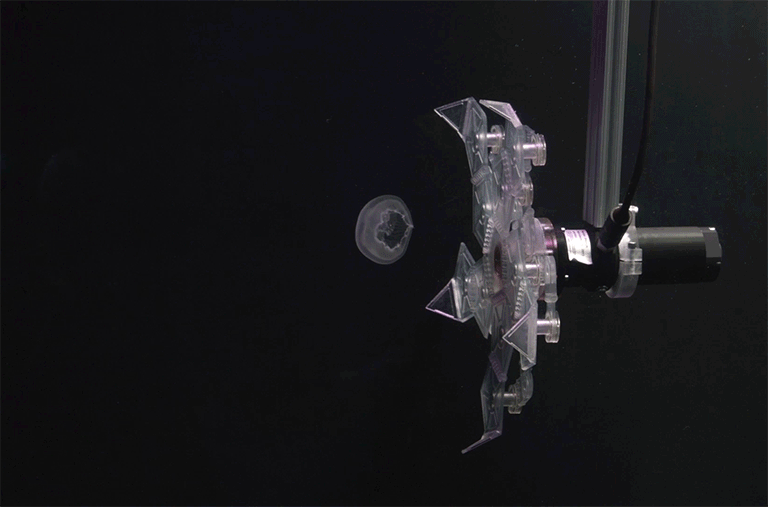
The Levee (A featured project that emerged from Oceandotcomm)
- Stitching Hope for the Coast – communicating coastal optimism for Louisiana. Deadline for submissions has been extended to October!
